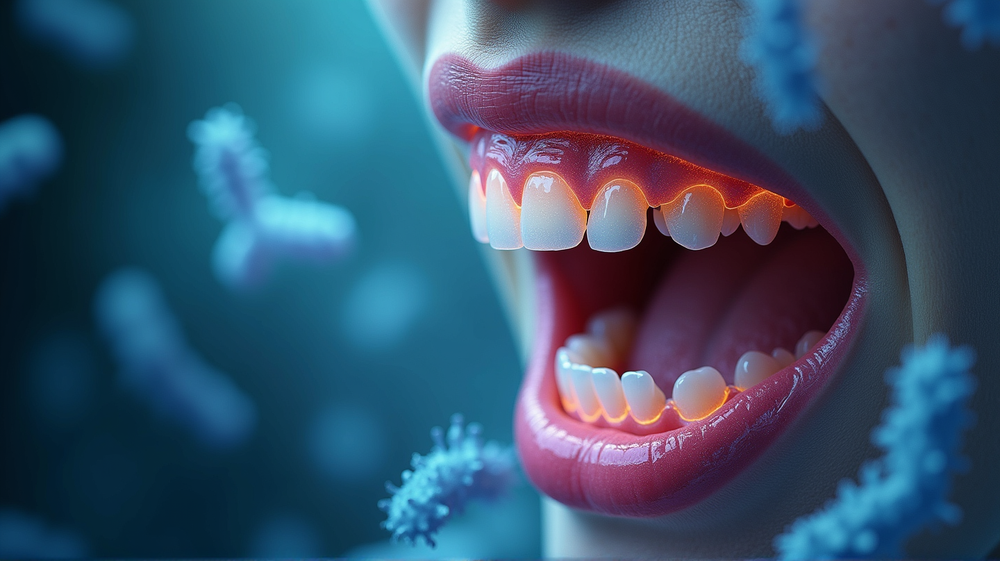The thick layers of mysteries surrounding depression might have found a new opponent: the bacteria residing in our mouths. A recent study has unearthed an intriguing connection, suggesting that the diversity—or lack thereof—of these oral microbes could be a key player in the development of depressive symptoms. As stated in Times of India, these findings illuminate a potential pathway for revolutionary mental health solutions.
The Diverse World Within Our Mouths
The human mouth hosts a complex community of bacteria that perform essential roles in maintaining our health. These microbes are vital in supporting our immune system and facilitating digestion, among other things. However, the groundbreaking discovery suggests that a decreased diversity of these microbes might be linked to the presence of depression. Imagine: the secret to alleviating depressive symptoms potentially lying within a reinvigorated microbial populace!
Digging Deeper: The Scientific Approach
In a quest to demystify the connection between our mental state and oral health, researchers analyzed data from the National Health and Nutrition Examination Survey (NHANES). Utilizing advanced gene sequencing techniques, they investigated the oral microbiomes of thousands of participants, drawing connections between microbial diversity and depressive symptoms. Their meticulous work adds another layer to the increasingly recognized interplay between physical and mental health.
Who is Affected—and How?
Their findings are eye-opening: individuals exhibiting depressive symptoms tend to show lower microbiome diversity. Interestingly, demographic factors like age, gender, and lifestyle choices (such as smoking and alcohol consumption) appeared significant. For instance, younger individuals under 60, primarily women, especially among smokers or those with obesity, hypertension, or diabetes, are more prone to a reduced diversity of oral bacteria tied to depressive symptoms.
Opening New Avenues for Treatment
Understanding the dynamics of these microbes opens up potential avenues for innovative treatment approaches. It also invites a closer examination of how improving oral health might contribute to better mental health outcomes. Could enhancing this hidden ecosystem within our mouths offer relief to millions battling depression worldwide? Time and further research will tell.
A Broader Health Perspective
This study not only highlights the interconnection between oral health and mental health but also suggests broader implications for our understanding of mood disorders. Beyond oral health, findings have drawn links between our oral microbiome and conditions such as cardiovascular disease, diabetes, and gastrointestinal disorders. This interconnectedness suggests that our body’s systems might be far more unified in health and disease than previously thought.
Whether it be through innovative probiotics or new oral hygiene regimes, exploring such methods could pave the way for holistic health interventions. Who knew the answer to a part of mental wellness could begin with a stunningly simple daily smile?













